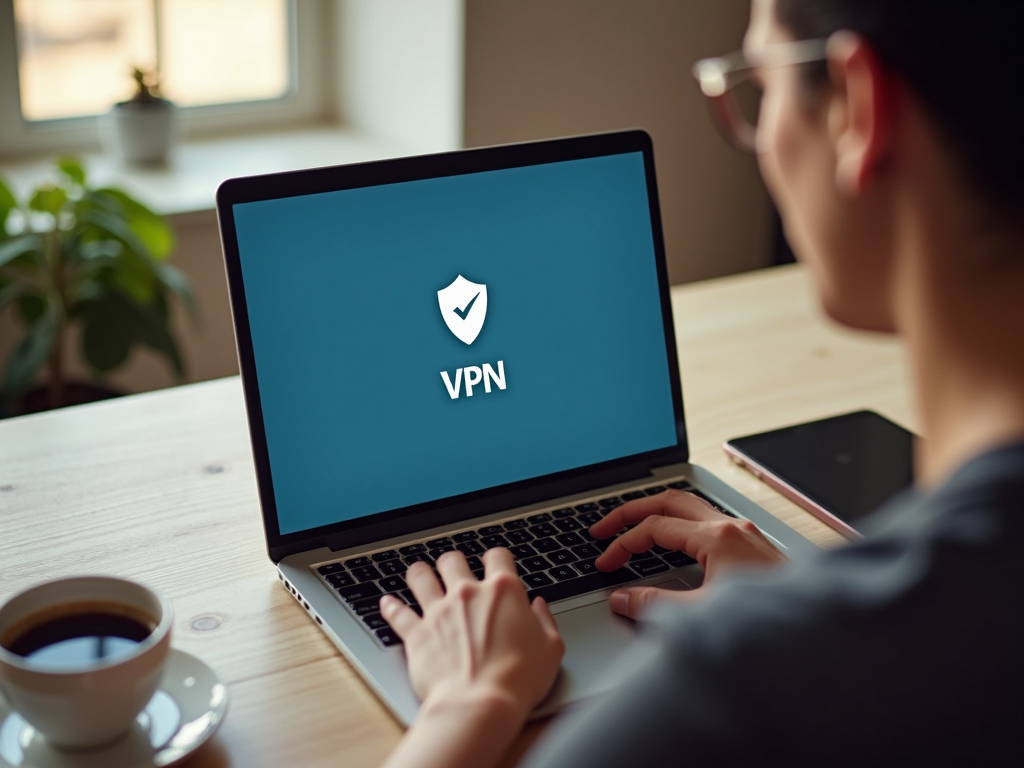Essential Online Privacy Tools: Protecting Your Digital Footprint
Our online lives are more exposed than ever. Hackers, companies, and even governments want a piece of our personal data. This article dives into the must-have online privacy tools you need to protect yourself. From VPNs to password managers, we’ll cover what works and why it matters—all in simple terms.
Why Online Privacy Tools Matter
Every click you make online leaves a trail. Without protection, your personal details—like your location, browsing habits, or even passwords—can fall into the wrong hands. Online privacy tools help you take back control. They shield your data from prying eyes and keep your digital life secure. Let’s explore the essentials.

The Role of VPNs in Online Privacy
A Virtual Private Network (VPN) is a game-changer for staying private online. It encrypts your internet connection and hides your location by routing your traffic through a secure server. This means no one—not your internet provider, not hackers—can easily see what you’re doing. But there’s a catch: not every VPN is equally safe.
The Importance of VPN Jurisdiction
Where a VPN is based matters a lot. This is called VPN jurisdiction, and it can make or break your privacy. Some countries force companies to log your data or share it with authorities. Others, like Switzerland, have strict privacy laws that protect you. To learn more about how location impacts VPNs, check out this guide on VPN jurisdiction from PrivacyTools.
Proton VPN vs Express VPN: Which Is More Secure?
Let’s compare two big names: Proton VPN and Express VPN.
| Feature | Proton VPN | Express VPN |
|---|---|---|
| Location | Switzerland | British Virgin Islands |
| Encryption | AES-256 | AES-256 |
| No-Logs Policy | Yes, independently audited | Yes, independently audited |
| Open-Source | Yes | No |
Proton VPN shines with its Swiss base and open-source code, meaning anyone can check it for flaws. Express VPN offers speed and a solid no-logs policy from the British Virgin Islands. Both are secure, but Proton VPN might edge out for privacy purists. Curious about VPN tech? See this Princeton study on VPN encryption.

Beyond VPNs: More Online Privacy Tools
VPNs are just the start. Here are other tools you shouldn’t skip:
- Secure Browsers: Think Tor or Brave. They block trackers and keep your browsing private.
- Password Managers: LastPass or 1Password store strong passwords so you don’t reuse weak ones.
- Encrypted Messaging Apps: Signal or Telegram lock your chats with end-to-end encryption.
- Ad Blockers: uBlock Origin stops ads and trackers from following you.
These tools cover different risks. A VPN hides your connection, but a password manager stops a breach from spreading. Together, they’re a privacy powerhouse.

My Take: Privacy Hits Home
I learned the hard way why these tools matter. A few years back, a data breach leaked my email. Suddenly, I was drowning in spam and sketchy phishing emails. It was a wake-up call. Now, I use a VPN every day—especially on public Wi-Fi—and a password manager keeps my accounts locked tight. It’s not about being paranoid; it’s about staying in charge of my info. For real stats on breaches, read this Identity Theft Resource Center report.
Putting It All Together
Protecting your digital footprint doesn’t have to be complicated. Start with a solid VPN—check its jurisdiction. Add a secure browser, a password manager, and maybe Signal for chats. These must-have online privacy tools build a wall around your data. Take a minute today to see where you’re exposed online. One small change, like switching to a better VPN, can make a big difference.